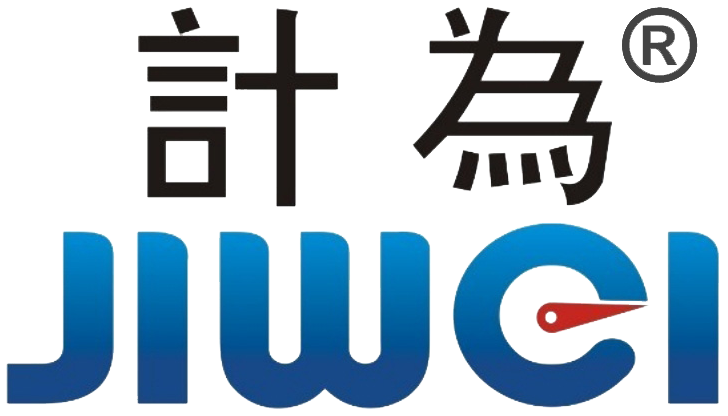Comprehensive Guide to China’s 2024 3C Explosion-Proof Electrical Standards: Essential for Engineers, Buyers, and Plant Operators
As industries such as chemical manufacturing, new energy, energy storage, and dust-processing expand rapidly, managing electrical equipment in explosive environments has become increasingly critical. China’s latest 2024 Implementation Rules for 3C Certification of Explosion-Proof Electrical Equipment (CNCA-C23-01:2024) have officially come into effect. Many companies, however, are still relying on older standards, leading to failed inspections, project delays, and potential safety hazards.
This guide explains the new requirements from a company perspective, combining the updated product catalog, GB/T 3836 standard system, and practical applications, providing a “practical compliance roadmap” for your projects.
Jiwei’s vibrating fork level switches have obtained CCC (China Compulsory Certification) and have successfully passed consecutive annual re-certifications, making them the first CCC-certified liquid level switches in China. This demonstrates their compliance with national safety standards, reliability, and long-term industrial credibility.
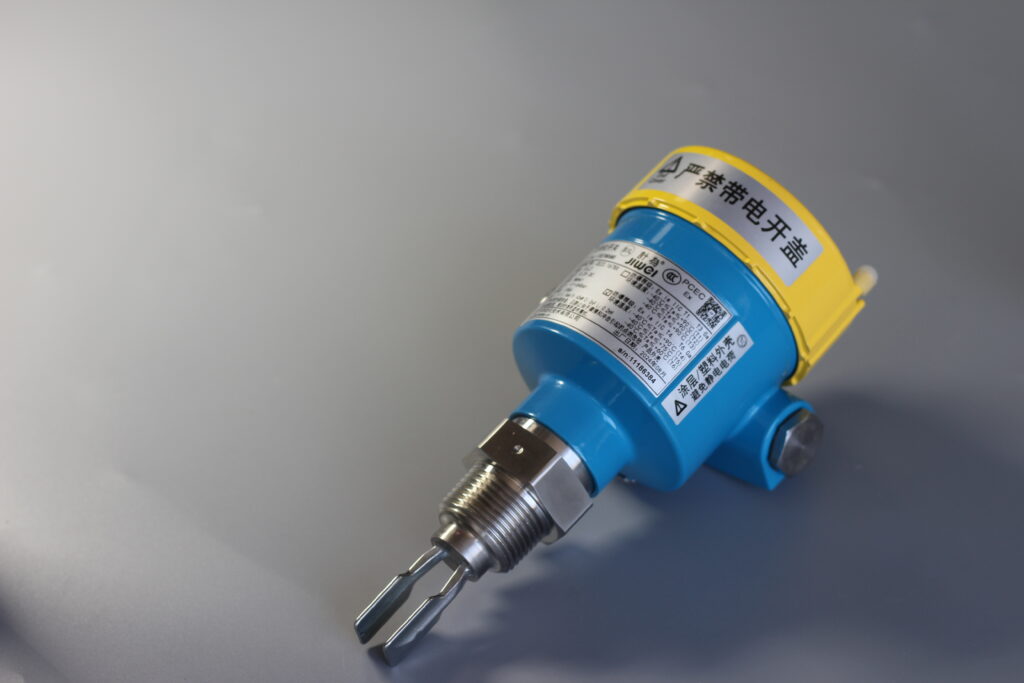
1. What is 3C Explosion-Proof Certification and Why Is It Mandatory?
3C (CCC) certification is China’s national mandatory product certification, a required “passport” for market access.
Explosion-proof electrical equipment falls under mandatory 3C certification. Any equipment listed in the official catalog for use in explosive environments must comply with:
- CCC certificate (3C certificate)
- Explosion-proof certificate (Ex certificate)
- Proper nameplate and explosion-proof marking
Since 2020, all explosion-proof electrical equipment in China must comply with 3C requirements. Equipment without a valid 3C certificate cannot be produced, sold, imported, or used legally.
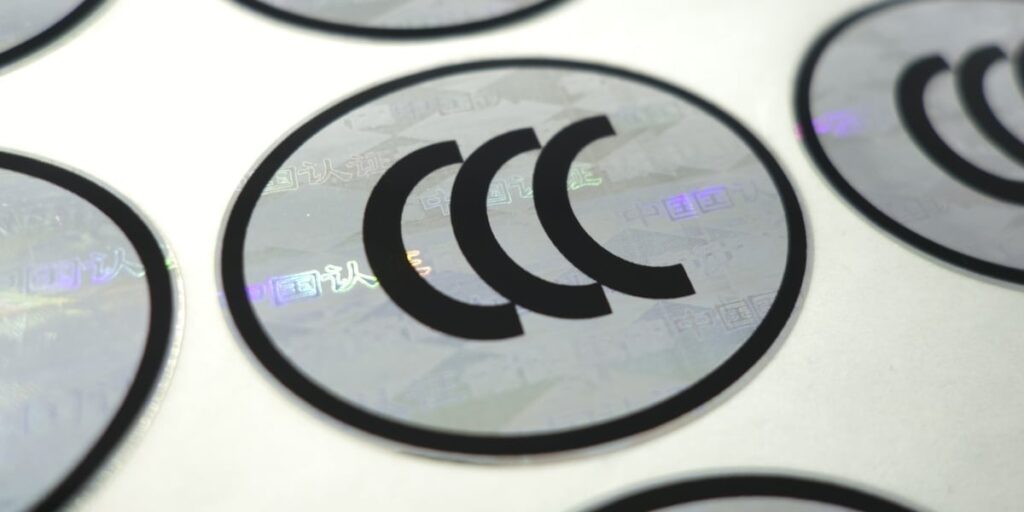
2. Key Updates in 2024: Expanded Catalog and New Product Categories
The 2024 CNCA-C23-01:2024 regulation introduces 18 categories of explosion-proof electrical equipment, expanding coverage compared with previous versions. Notably:
- Traditional explosion-proof products remain under mandatory certification (motors, lamps, control boxes, transformers, instruments).
- Low-voltage electrical devices—including switches and liquid level switches—are now explicitly emphasized. This is the most significant change and a high-risk point for companies.
Why Liquid Level Switches Are Highlighted
Liquid level switches are widely used in chemical storage tanks, oil tanks, lithium battery equipment, electrolysis systems, dust or solvent handling, and hazardous chemical storage. Most of these points are located in explosive zones (Zone 1 or 2) and must meet:
- Appropriate explosion-proof type (Ex d / Ex ia / Ex t, etc.)
- Compliance with GB/T 3836 standards
- Mandatory 3C certification
- Explosion-proof design requirements including pressure ports, clearances, and cable entry devices
Previously, many companies assumed that holding only an Ex certificate was sufficient. Under the 2024 rules, dual certification (3C + Ex) is now mandatory.
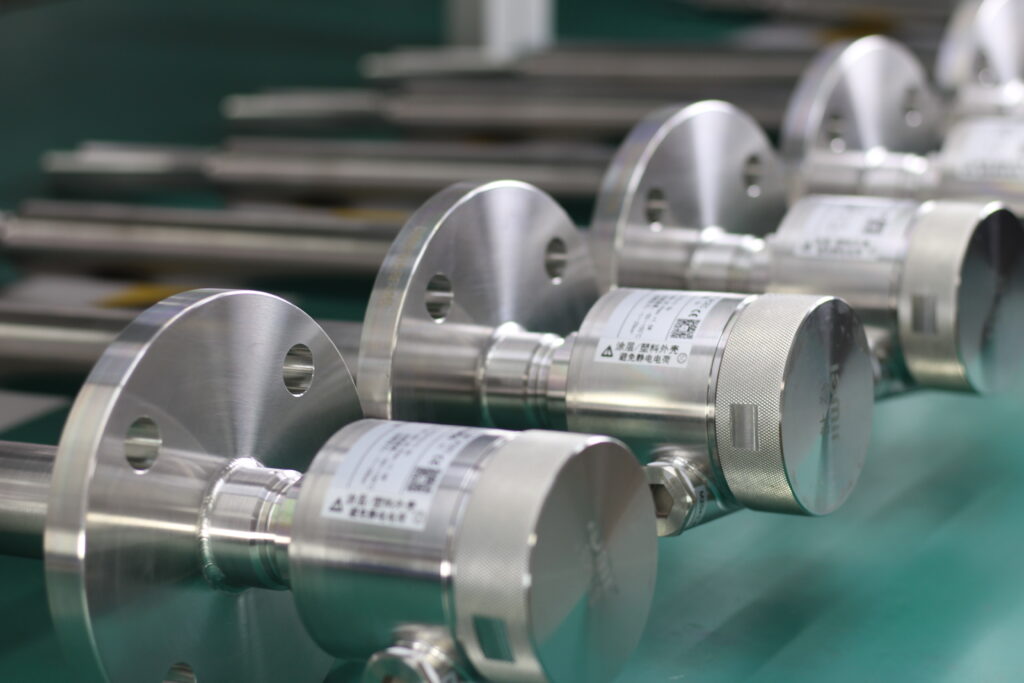
Other low-voltage explosion-proof switches now also require 3C, including:
- Limit switches
- Pressure switches
- Float switches
- Emergency stop buttons
- Proximity switches
Any non-compliant component can invalidate the certification of the entire machine.
Full List of 18 Explosion-Proof Electrical Categories under 3C
- Explosion-proof motors
- Explosion-proof pumps
- Explosion-proof distribution devices
- Explosion-proof switches, control, and protection devices
- Explosion-proof starters
- Explosion-proof transformers
- Explosion-proof actuators and solenoid valves
- Explosion-proof plug-in devices
- Explosion-proof monitoring products
- Explosion-proof communication and signaling devices
- Explosion-proof HVAC systems
- Explosion-proof heating equipment
- Explosion-proof accessories and Ex components
- Explosion-proof instruments
- Explosion-proof sensors
- Safety barriers
- Explosion-proof instrument enclosures
- Explosion-proof lamps and control devices
Companies must carefully check all purchased or manufactured products against this catalog, especially low-voltage devices.
3. Updated 3C Certification Basis: GB/T 3836 Series
From 2021–2022, China updated the GB/T 3836 series (equipment for explosive atmospheres). The new standards are now the basis for 3C certification. Common explosion-proof types and corresponding standards:
- Ex d (flameproof) → GB/T 3836.2
- Ex e (increased safety) → GB/T 3836.3
- Ex i (intrinsically safe) → GB/T 3836.4
- Ex p (pressurized) → GB/T 3836.5
- Ex t (dust ignition protection) → GB/T 3836 series / dust section
Using outdated standards will result in non-compliant type tests and factory inspections.
4. 3C Certification Process
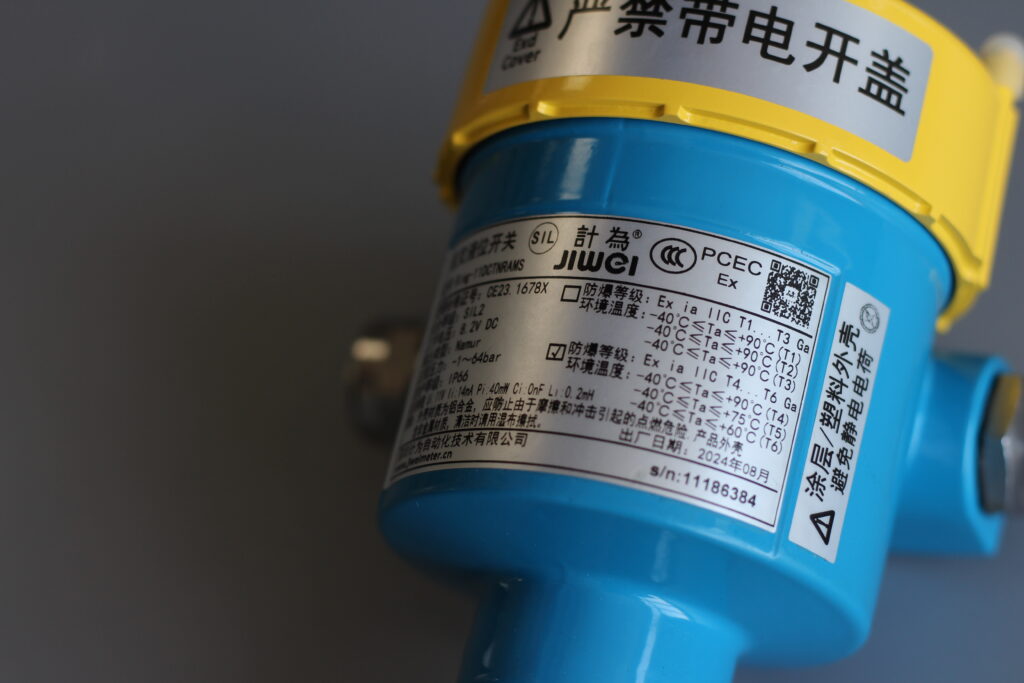
To avoid errors, companies should follow these steps:
- Product classification and technical documentation
- Confirm the product is in the 18-category catalog.
- Specify explosion-proof type, gas group, temperature class, and zone.
- Ensure technical documentation aligns with GB/T 3836:2021.
- Sample type testing
- Structural verification (clearances, wall thickness, sealing threads)
- Temperature rise test
- Protection rating (IP)
- Intrinsic safety verification
- Mechanical strength and corrosion resistance
- Factory inspection
- Consistency of explosion-proof critical structure
- Materials and key components (including low-voltage devices and liquid level switches)
- Outgoing inspection records
- Compliance of nameplates and markings
- Certification and supervision
- Certificates must include 3C and Ex marks
- Annual surveillance audits required
- Any design or component change requires reassessment
5. Five Common Pitfalls in 2024
- Ignoring new catalog updates, especially liquid level switches
- Continuing to use old GB 3836 standards
- Prototype passes, but mass production fails inspection
- Key components lacking 3C or Ex certification
- Non-compliant nameplates or markings
Even a single non-compliant component can result in project delays, failed inspections, economic losses, or safety risks.
6. Quick 3C Compliance Checklist
- Is the product listed in CNCA-C23-01:2024?
- Are technical documents updated to GB/T 3836:2021?
- Can suppliers provide valid 3C + Ex certificates?
- Do nameplates include Ex mark, 3C mark, and temperature class?
- Are all key components 3C compliant?
- Is mass production consistent with factory inspection requirements?
Conclusion
The 2024 3C rules are more than an “upgrade” for explosion-proof electrical equipment—they are a benchmark for safety management and project delivery. Low-voltage devices, particularly liquid level switches, are now critical components that must meet dual 3C and Ex certification.
For manufacturers, system integrators, designers, buyers, or plant operators dealing with explosion-proof equipment in China, understanding and complying with CNCA-C23-01:2024 can prevent up to 80% of potential compliance risks and ensure safe, reliable operations.
